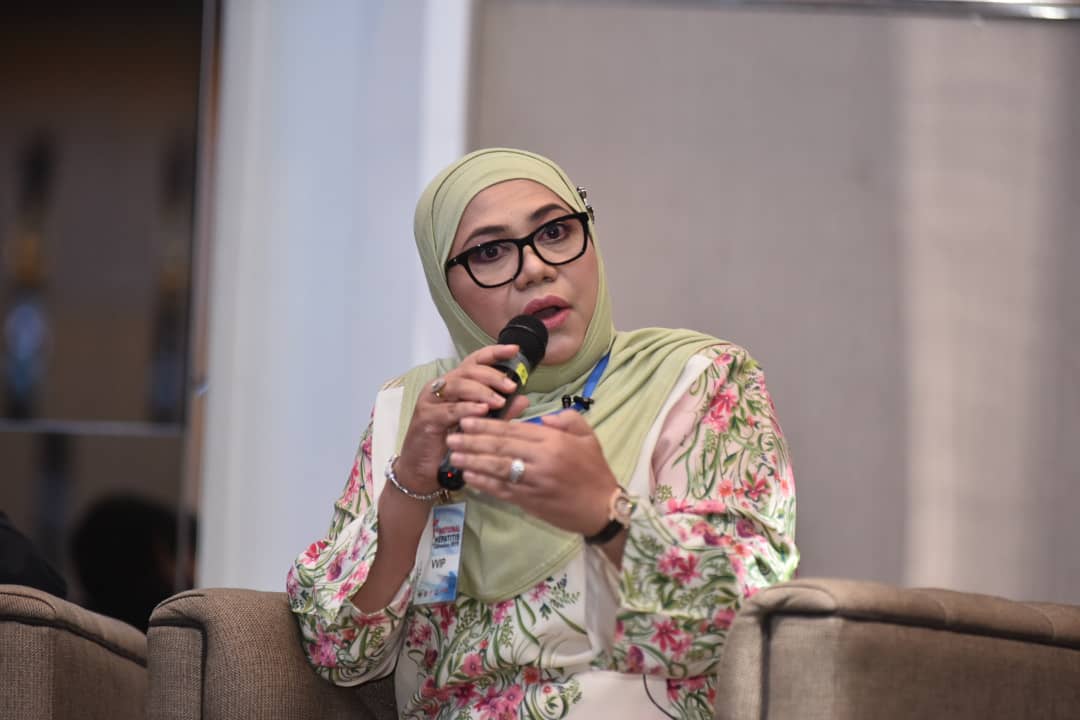KUALA LUMPUR, August 30 — A former Ministry of Health (MOH) official warned the government today that public hospitals may face drug shortages, if it doesn’t quickly decide on whether to renew concessionaire Pharmaniaga’s contract expiring on November 30.
Dr Salmah Bahri, former senior director of the Pharmaceutical Services Programme under MOH, noted that the government is still reviewing the Bumiputera tender agent’s concession to supply about 30 per cent of MOH’s pharmaceutical products.
“My colleagues who are still in the service and on the ground are anxious and concerned about the situation because any untimely decision on the concession may disrupt the supply chain service and adversely affect the patients directly and the rakyat as a whole,” Dr Salmah wrote in a letter to The Star.
“I understand that the government needs time to make the decision, but it must be done without disrupting the pharmaceutical supply chain service. Procurement of pharmaceuticals is complex and takes time, as it needs to adhere to various strict guidelines laid down by the Finance Ministry.”
Domestic Trade and Consumer Affairs Minister Saifuddin Nasution Ismail reportedly said last April that a Cabinet committee on monopolies was investigating Pharmaniaga that has been exclusively procuring certain drugs for the government for 25 years.
Pharmaniaga is the biggest Bumiputera tender agent in the country with exclusive concession to supply 700 items in the Approved Product Purchase List (APPL), determined by MOH, to government hospitals, institutions, and clinics. This, according to the Galen Centre for Health and Social Policy, comprises over a third of the government’s drug supply.
The company received sole concession for a quarter of a century since Putrajaya privatised the medicine procurement system in 1994.
Pharmaniaga’s concession provides distribution and logistics services for the products procured under the APPL. According to the Malaysia Competition Commission (MyCC), Pharmaniaga supplied 38.5 per cent of the total cost of medicines procured for all MOH hospitals, institutions and clinics in 2015.
Dr Salmah, however, disputed perception about Pharmaniaga’s monopoly, pointing out that 70 per cent of MOH’s medicine supply was procured through open central contract, as Pharmaniaga only managed 30 per cent of the ministry’s drug supply.
“Imagine a situation where you are in a public hospital and are in dire need of treatment, but the medicines cannot be dispensed because the supply contract has expired and the government has yet to make a decision.”
She also noted that Pharmaniaga achieved 98 per cent of its key performance indicators (KPIs) for the last seven years and stopped hospitals from overstocking supplies.
Dr Salmah acknowledged that when Prime Minister Dr Mahathir Mohamad launched a privatisation initiative in 1994, which led to the creation of Pharmaniaga that took over all the assets and manpower of the government medical stores from MOH, KPIs were not listed in the concession back then.
“Hence, there were lots of problems in the logistics of the pharmaceutical supplies to government hospitals and facilities,” she said.
“However, the Health Ministry has, since 2009, placed very strict new terms and KPIs, resulting in substantial improvements. For example, Pharmaniaga successfully reduced the delivery period of pharmaceutical supplies from 60 working days to within seven working days in Peninsular Malaysia and 10 working days for Sabah and Sarawak.”








